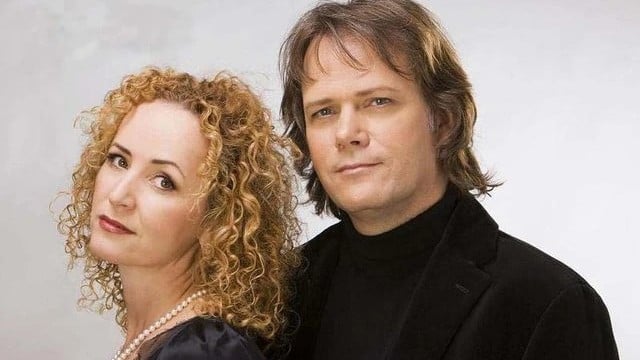
There are songs like bright dust particles lying still on the finger of time and just need a light breeze to make the sparkling rays shine again. Secret Garden is like a bright dust particle that has anchored in the memories of many generations of listeners in Vietnam since the late 1990s, when portable CDs and cassette tapes were still on the wooden shelves of coffee shops, until the current era of online music with just a light swipe on the phone keypad.
The first appearance of Secret Garden on the Vietnamese stage within the framework of the international music project for the community “Good Morning Vietnam” has thus become a meaningful milestone for the public who love concerts and symphonies. This can be considered a moment for the youth of the past and present to look into the same aesthetic mirror.
The door opened to a near-wordless melody
In the late years of the last century, when international music information mainly came via tapes, discs, newspapers and television, Secret Garden appeared quietly: a “Nocturne” with almost no words, a violin as thin as a thread, a minimalist and calm piano chord cycle. The auditorium space thus opened a “side door” to the public. Instead of requiring an academic background, the duo’s music aimed directly at emotions, inviting listeners to enter intuitively.
The Nordic/Celtic folk material, restrained instrumentation and melody-first spirit create a rich visual “instrumental storytelling”, like the rainy night and streetlight scenes in urban cinema.
Secret Garden came to Vietnam through many routes. For the 8X-9X generation, the album “Songs from a Secret Garden” was a hand-me-down item, while “Adagio”, “Passacaglia”, “Song from a Secret Garden” resounded constantly in quiet coffee shops. In art schools, arrangements for duets, trios, and string quartets gradually appeared; semi-professional orchestras had additional “beautiful but not too difficult” practice materials, helping learners of basic skills approach emotional chamber music aesthetics.
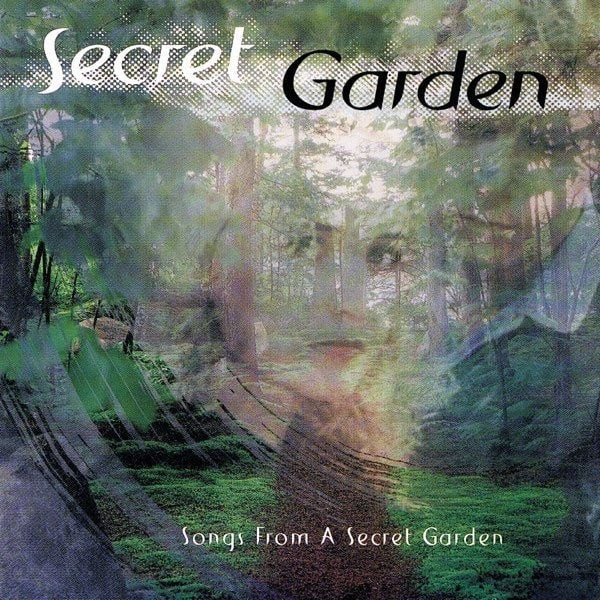
In the early 2000s, “You Raise Me Up” brought Secret Garden “to the public eye”: the melody was performed by hundreds of artists, becoming a “ceremonial” song in graduation ceremonies, fundraisers or moments when the community needed a spiritual support. In essence, the “Secret Garden quality” has not changed: coherent structure, timely climaxes and becoming a bridge between those familiar with the instrumental music and those who love the song.
In the 2K generation, in the digital space, Secret Garden appeared as a “silent soundtrack” for exam nights, inter-provincial night buses or technical practice hours of young musicians. “Serenade to Spring” was often chosen to open the playlist because of its calming ability, “Prayer” became a popular left-hand vibrato exercise. In youth orchestra forums, Secret Garden was an aesthetic meeting point with its clarity, restraint, and emphasis on the melody line, and from there, it paved the way to Mozart, Debussy or Arvo Pärt.
“Good Morning Vietnam” sets milestone on auditorium skyline
Why does Secret Garden’s chamber music reach so many generations? Three prominent factors can explain. First, the melody is central, with lines honed to shine without the need for technical support. Second, the classical-Nordic/Celtic folk crossover: a clean classical framework supporting the raw folk material, making the duo’s music both formal and approachable. Finally, the “breath-taking” tempo with unhurried rhythms, rich in silence, allows the listener to “go along” without feeling forced.
In the context of collective memory in Vietnam that emphasizes family, school and “coffee shop afternoons”, Secret Garden fits into the aesthetic gap, maintaining the quality of a chamber music but not standing outside of life.
When “Good Morning Vietnam” announced this year’s guest as Secret Garden, the goal seemed to go beyond a “historical performance”, and instead aim to establish a sustainable aesthetic infrastructure for the public who love concerts and symphonies.
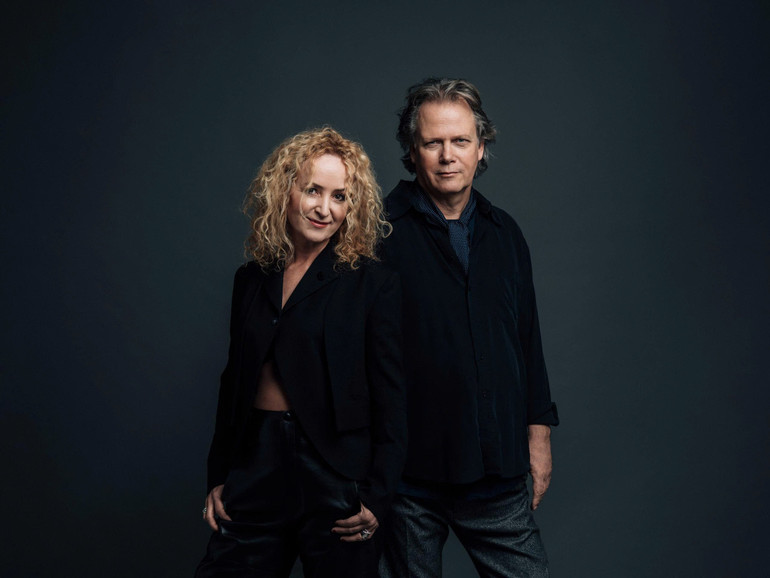
The influence of Secret Garden in Vietnam can be outlined into three “frames” like the typical cutscenes in the cinema of Hong Kong (China) director Wong Kar-wai - who brought the soulful melodies of the duo into the classic work “2046”.
In a coffee shop in the 2000s, “Song from a Secret Garden” played in the thin afternoon sunlight. A generation of students became acquainted with urban memories through minimalist melodies. Later, when they needed to visualize the “soft curves” of a design, many still played the same song again, making music a measure of visual softness.
In a youth orchestra summer in the mid-2010s, a “Passacaglia” rehearsal emphasized bow discipline and shared breathing. When the theme was right, the whole orchestra suddenly “breathed together.” The sense of community came not from the slogan, but from the moment the sounds clicked. It was a lesson that stayed with the young people for many years to come.
At a school fundraiser in the early 2020s, “You Raise Me Up” rang out in an acoustic cacophony. The lights of cellphones filled the auditorium. That night, the funds raised were enough to buy books for a highland classroom. Secret Garden’s music, originating in the auditorium, became the “emotional infrastructure” of the community, bringing strangers together.
These three frames show that Secret Garden's lasting influence lies not in the volume of algorithms or temporary charts, but in the way music quietly intervenes in daily life and creates a rhythm, a fulcrum, a common language.
Dawn in the Secret Garden
The first time Secret Garden appeared directly in front of Vietnamese audiences marked the maturity of a community of chamber music listeners, large enough and strong enough to demand high standards. From this milestone, the organizers have the basis to invite other sophisticated instrumental music projects. The milestone sometimes lies not in something too lofty or grand, but in small but long-term changes such as adding more audiences to “Nocturne” every morning, making a cup of coffee and letting the sunlight slide across the table like slender hands gliding over the piano keys.
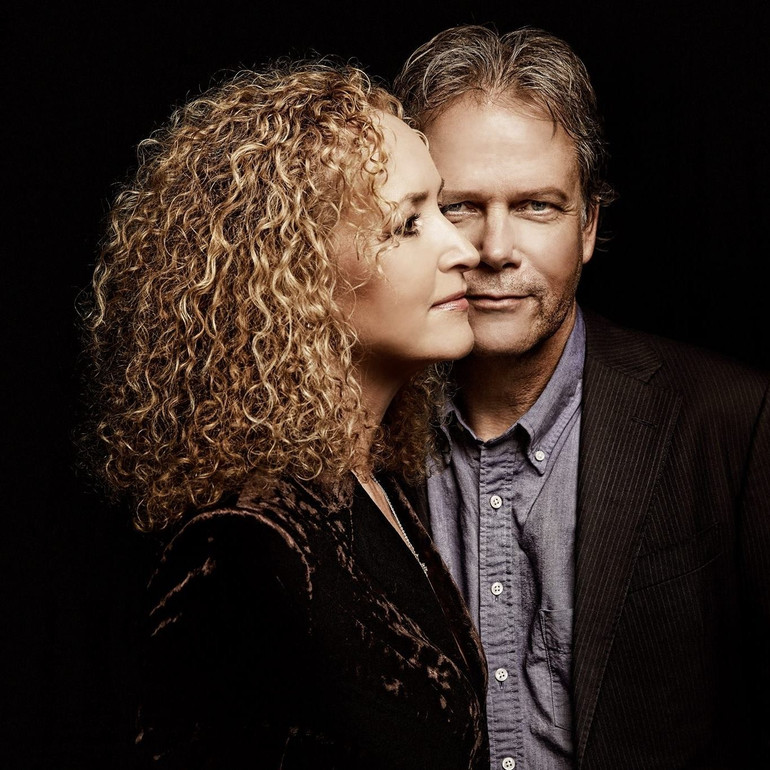
In Wong Kar-wai’s storytelling aesthetic, people pass each other silently under neon lights, each holding a secret. With Secret Garden, the wordless story is told in broad daylight, and the secrets need not be spoken, because the melody will speak for them. In the space of Good Morning Vietnam, people who have passed each other’s lives through music from three decades ago to the present will have the opportunity to recognize each other. When the music begins, the violin raises its bow, the piano touches the first key, and time in the auditorium slows down to the length of a shared breath.
If we had to name that moment, we could call it “Dawn in the garden of dreams”. At that dawn, Good Morning Vietnam with Secret Garden was not just an event, but a spiritual infrastructure being built: gently embracing old memories, while opening a new horizon for audiences who love concerts and symphonies in Vietnam.
“Secret Garden Live in Vietnam” will take place at 7:30 p.m. on October 18, 2025 at the National Convention Center, Hanoi . This is an event within the annual international music project for the community “Good Morning Vietnam” initiated by Nhan Dan Newspaper and IB Group Vietnam.
Source: https://nhandan.vn/secret-garden-live-in-vietnam-lan-dau-tien-khan-gia-viet-duoc-thuong-thuc-truc-tiep-tuong-dai-hoa-tau-new-age-post911955.html



![[Photo] Students of Binh Minh Primary School enjoy the full moon festival, receiving the joys of childhood](https://vphoto.vietnam.vn/thumb/1200x675/vietnam/resource/IMAGE/2025/10/3/8cf8abef22fe4471be400a818912cb85)

![[Photo] Prime Minister Pham Minh Chinh chairs meeting to deploy overcoming consequences of storm No. 10](https://vphoto.vietnam.vn/thumb/1200x675/vietnam/resource/IMAGE/2025/10/3/544f420dcc844463898fcbef46247d16)




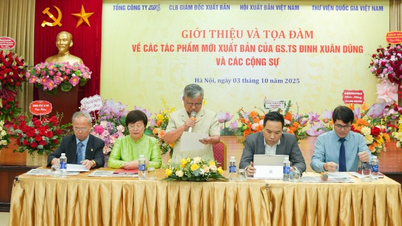
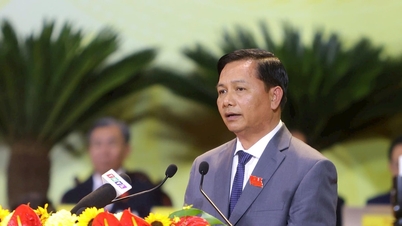
![[Video] Launch of 12 new works by Professor, Dr. Dinh Xuan Dung and colleagues](https://vphoto.vietnam.vn/thumb/402x226/vietnam/resource/IMAGE/2025/10/3/2b81342a9c2b482c901c8997ec7ad0ea)
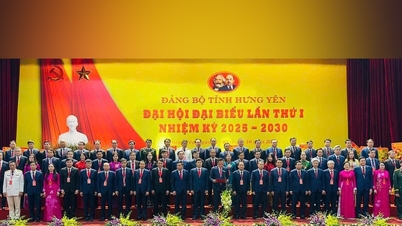
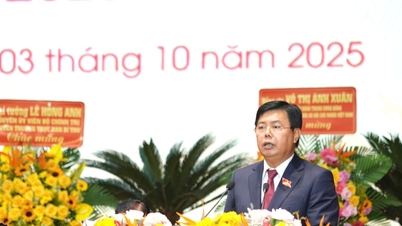






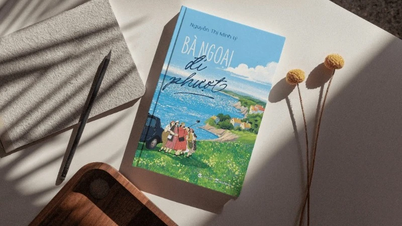
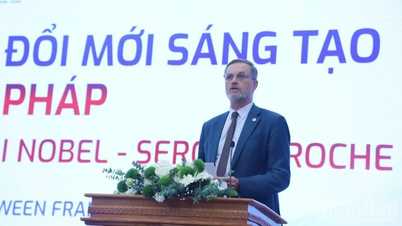
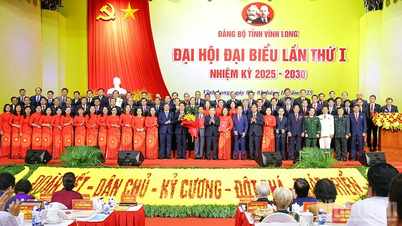
![[Photo] Students of Binh Minh Primary School enjoy the full moon festival, receiving the joys of childhood](https://vphoto.vietnam.vn/thumb/402x226/vietnam/resource/IMAGE/2025/10/3/8cf8abef22fe4471be400a818912cb85)












































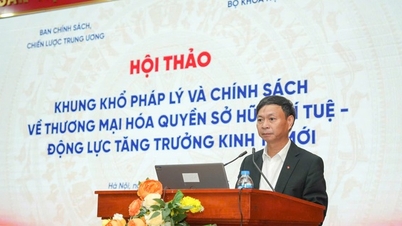



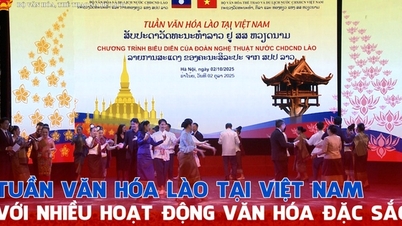
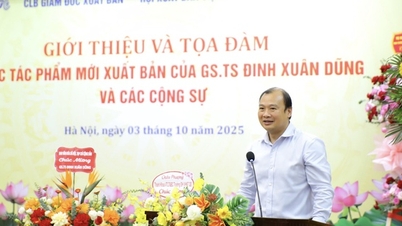

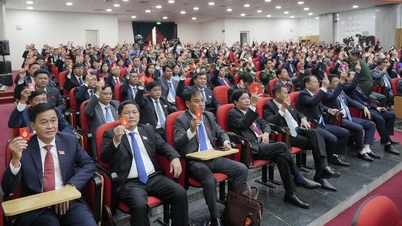







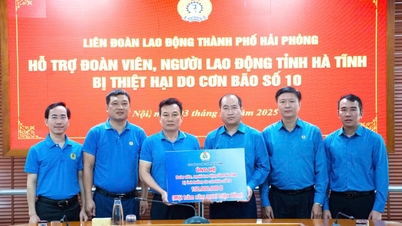












Comment (0)